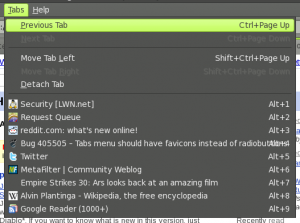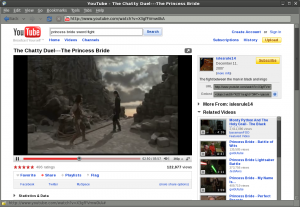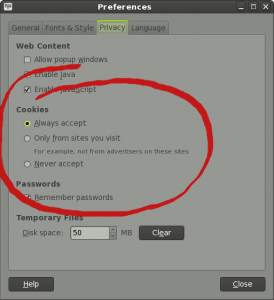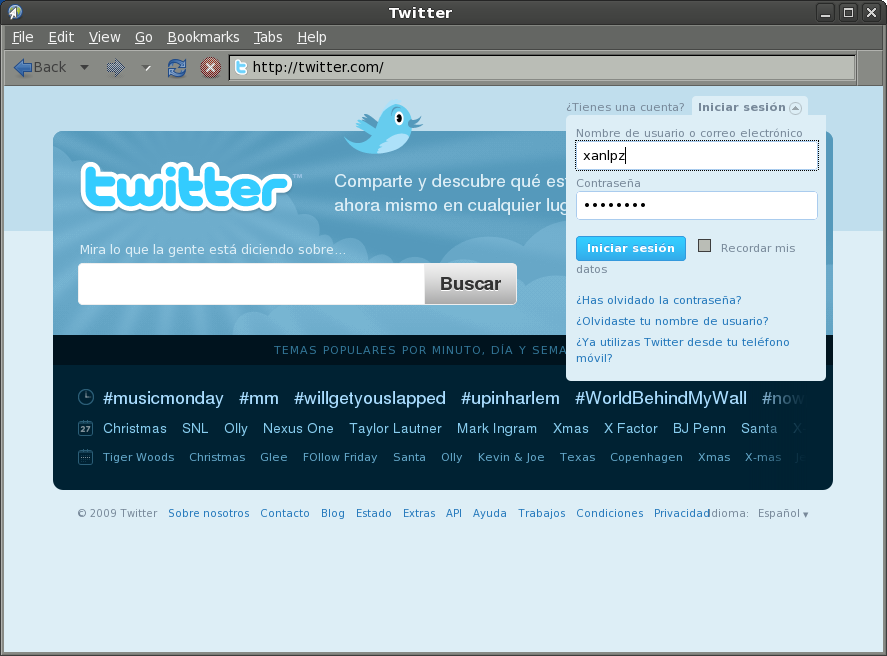It’s time for a brief (and late!) recap of some of the most notorious things we did in Epiphany for 2.30, and a short update on what’s already happening in the road to 3.0.
2.30
For 2.30 we focused on fixing all the regressions introduced by the switch to WebKit in 2.28. Overall we did a pretty good job, and there’s only a few things missing to reach the no-regressions goal. Here’s everything that used to work in 2.26, didn’t work in 2.28 and that we fixed for 2.30: middle-click to open clipboard contents, bring back our old context menus, up arrow functionality, do a web search with the URL entry contents on Ctrl+Enter too, EphyEmbedSingle::handle-content signal for external download managers, favicon support, send HTTP ‘Accept-Language’ headers with the user language preferences, custom User-Agent support, javascript: and mailto: URI support, close and movement DOM methods for window, shift+click in text areas, and, yes, form authentication auto-completion.
Wew.
OK, so that’s a lot of stuff, but we were not happy with only bringing back old functionality, we also made some improvement here and there:
GNOME Keyring storage for form auths + Infobar goodness:
In 2.30 not only all your form authentication data is stored in the keyring, but we walked the extra mile to migrate the data in the gecko profile to the new format (not a particularly funny thing to do) and we now show a shiny infobar each time you are about to submit never-seen-before data:
Page cache
After much painful debugging we managed to make the Page Cache support in WebKitGTK+ stable enough for widespread usage. These means that when a page passes some preconditions its whole in-memory representation will be saved for some time, making going back to it with the Back/Forward button blindingly fast. Fast is Good.
Favicons in the Tab Menu:
Back in 2007 I opened a bug suggesting to put favicons next to the page titles in our Tabs menu, arguing that this would make it much much easier to identify a certain page when you have lots of tabs opened; having said that, I promised to attach a patch with the fix “soonish”.
3 years and one week later Olivier Tilloy probably got fed up of waiting and decided to just send a patch himself, making our lives (well, at least mine) much better:
Hey, can you see the bug in that screenshot? An opportunity to contribute!
Disable all plugins at runtime:
Back in the day all you could do in Epiphany was to disable the Java plugin, which nowadays is, to say the least, a feature of questionable usefulness. What we all want to do, surely, is to disable Flash unless we actually need to use it, right? Actually, make it all plugins in general, just in case:
Now
And what about the next release? We haven’t stopped working. In fact at Igalia we are increasing our commitment with the platform, and we are growing the team: Alejandro García is working on rendering performance and in reminding everyone how many years it takes to get anything done in software, always; Sergio Villar is working on libsoup, aiming to finish the disk-cache for 3.0; Mario Sánchez is focused on our accessibility support, fixing bugs left and right (with the help of two of our interns, Diego Escalante and José Millán); Philippe keeps rocking on the media front, and our most recent hiring, Martin Robinson is rewriting and improving our DnD support so fast that it’s hard to keep track of it! Oh, and yeah, myself I’m still working on the GObject DOM bindings, a new post about all the new features I’ve added these past weeks is way overdue.
And what about Epiphany? For the next release (due on Wednesday) you can expect a bunch of bugfixes and some UI improvements. One that I’m enjoying a lot is something I implemented last week; I finally got rid of our statusbar for good, and now by default we’ll show contextual messages in a Chrome-like embedded statusbar (which we already had, but that I have reimplemented and made visible by default):
More vertical space for web content, less code!













